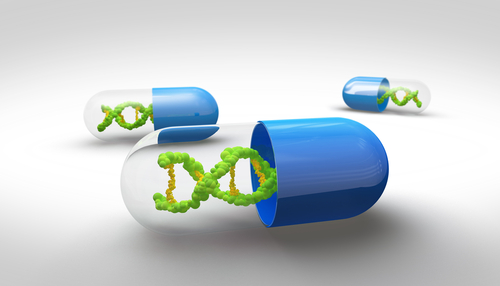Solid Biosciences Granted Orphan Drug Designations for SGT-001 Gene Therapy

The U.S. Food and Drug Administration (FDA) and the European Commission (EC) have granted Orphan Drug designations to Solid Biosciences’ SGT-001, a micro-dystrophin gene therapy under development for the treatment of Duchenne muscular dystrophy (DMD). Clinical trials should commence in 2017, the company announced in a press release.
Solid has opened headquarters in London, aimed at facilitating the advance of SGT-001’s clinical development program in DMD. The London group will work with the DMD community in Europe to bring therapies to patients around the world. The team will be led by Valeria Ricotti, MD, PhD, an expert in DMD who has worked at the University College London, Institute of Child Health and Great Ormond Street Hospital, and patient advocate Kerry Rosenfeld.
“The orphan designations mark a positive step forward in our efforts to advance SGT-001 through development and to patients with DMD in both the United States and Europe,” said Ilan Ganot, chief executive officer and founder of Solid Biosciences. “Our teams in the United States and in our new offices in London are working tirelessly to bring our gene therapy candidate SGT-001 to patients as soon as possible,” he said.
DMD is a rare genetic disease that causes muscle weakness. It starts in childhood, usually between ages 3 and 5, and may be noticed when a child has difficulty standing up, climbing or running. The disease affects about one in every 3,500-5,000 boys worldwide. DMD is caused by an absence of dystrophin, a protein that helps keep muscle cells intact. When dystrophin is absent the disease causes muscle membrane instability and disruption of the dystrophin glycoprotein complex (DGC).
SGT-001 is an adeno-associated viral (AAV) vector-mediated micro-dystrophin gene therapy in development to rescue functional dystrophin expression in muscle. In preclinical trials, a unique dose of SGT-001 was capable to stabilize the DGC and restore muscle function (improvements seen in muscle strength and protection against damaged induced by muscle contraction). If successful, this gene therapy has the potential to significantly slow or halt the progression of the disease.
The U.S. FDA Office of Orphan Products Development grants an orphan designation to new biologics or drugs aiming to serve as treatment for conditions that affect less than 200,000 American patients. The benefits of the orphan drug designation include tax credits for clinical research costs, seven-year period of marketing exclusivity, and waiver or partial payment of application fees.
In the European Union (EU), the European Medicines Agency (EMA) gives a positive opinion to methods of diagnosing, treating or preventing life-threatening or chronic diseases affecting less than 10,000 patients within the EU. The EC then adopts the EMA’s opinion through a distinct approval process.






